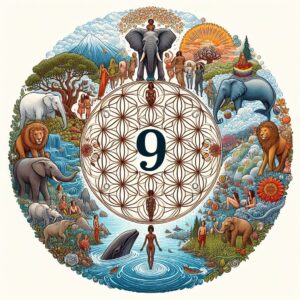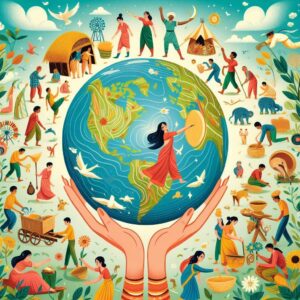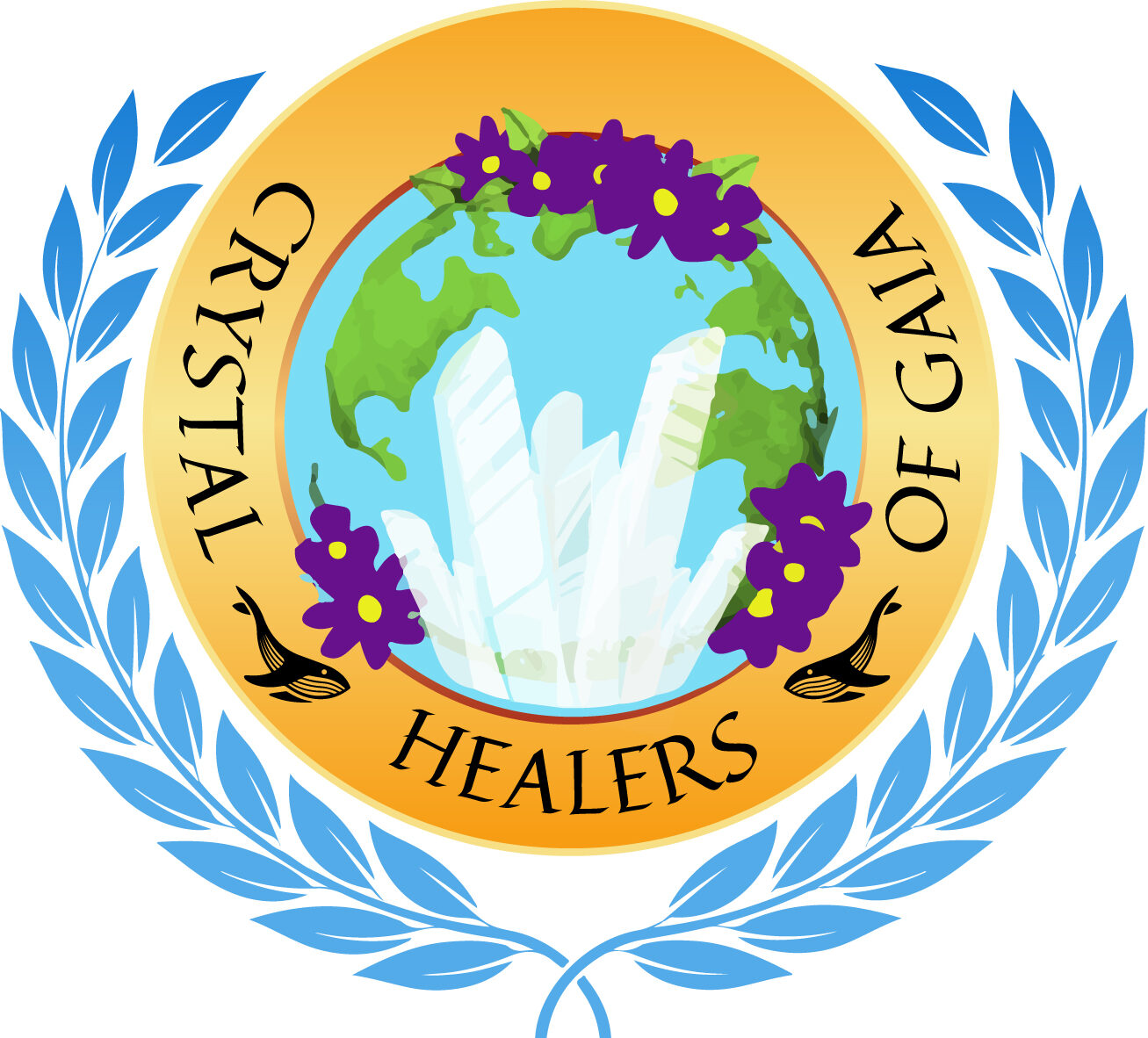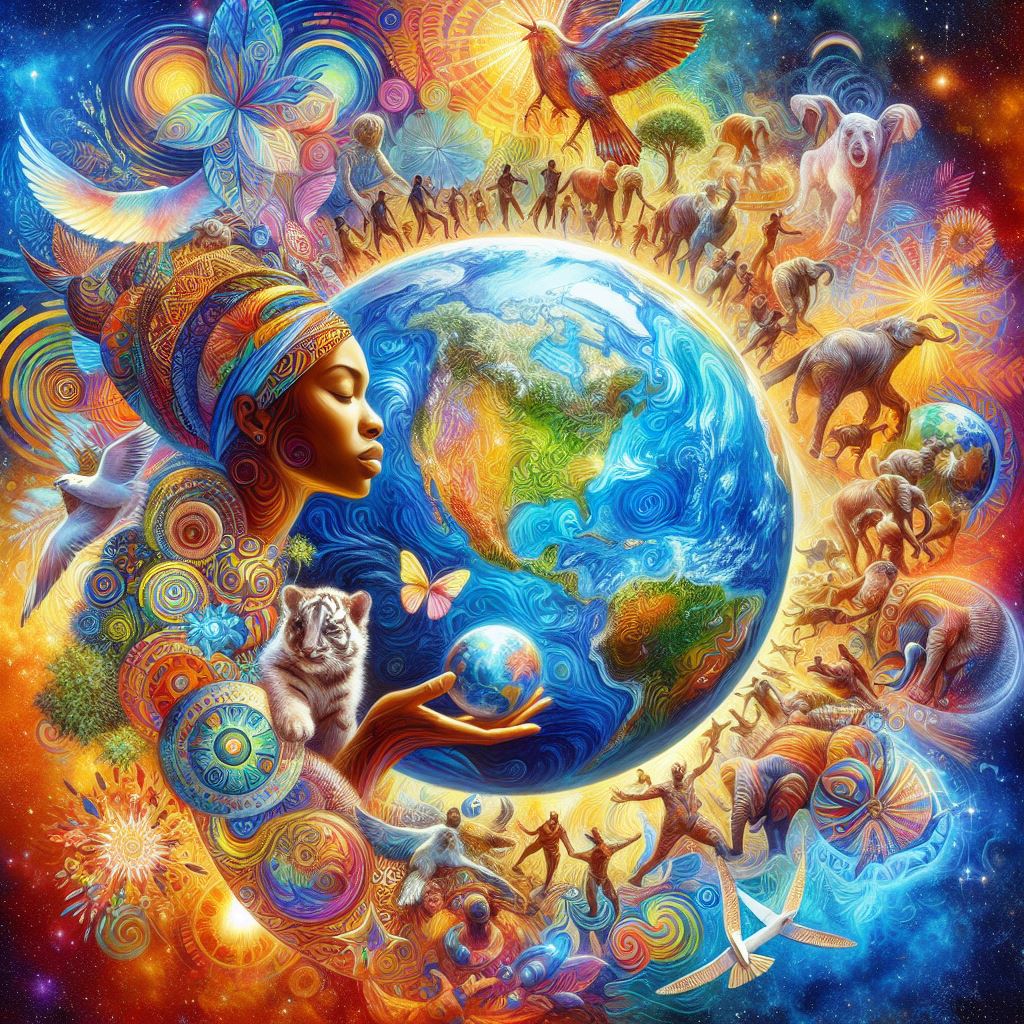Stewardship: A Divine Mandate

In the biblical narrative, God has entrusted humanity with the stewardship of the Earth. This responsibility is outlined in Genesis 1:26-28, where God commands humans to have dominion over the fish of the sea, the birds of the air, and every living thing that moves on the Earth. This divine mandate includes the directive to “replenish the Earth,” highlighting the importance of caring for and preserving the planet.
The Earth, with its vast oceans, sprawling forests, and diverse ecosystems, is not a commodity to be owned, but a sacred trust to be shared among all living beings. This fundamental principle is rooted in the concept of stewardship, which emphasizes our responsibility to care for and protect the Earth for future generations.
Dominion: A Call to Care
The concept of dominion in this context is not one of domination or exploitation, but of responsible caretaking. Just as a king or ruler is called to govern with wisdom and compassion, so too are humans called to exercise stewardship over the Earth with reverence and respect. This includes using the Earth’s resources wisely, protecting its biodiversity, and ensuring the well-being of all living creatures.
Stewardship: Our Responsibility
Stewardship is the careful and responsible management of something entrusted to one’s care. In the context of the Earth, stewardship means recognizing our role as caretakers of the planet and taking action to preserve its beauty and abundance. This includes practices such as sustainable agriculture, responsible waste management, and the protection of natural habitats.
Sustainability: Living in Harmony

Sustainability is the key to ensuring that the Earth’s resources are available for future generations. It involves living in harmony with nature, using resources wisely, and minimizing waste and pollution. Sustainable practices not only benefit the environment but also promote social and economic well-being.
Replenishment: A Sustainable Approach
The command to replenish the Earth emphasizes the importance of sustainability. It is a call to ensure that the Earth’s resources are not depleted or destroyed, but replenished and renewed for future generations. This involves practices such as reforestation, sustainable agriculture, and responsible resource management.
Stewardship: A Sacred Trust
In essence, the mandate of God to humanity is a sacred trust. It is a recognition that the Earth is not ours to own, but a gift to be cherished and protected. By embracing our role as stewards of the Earth, we can honor this trust and ensure that the planet remains a thriving home for all living beings.
Interconnectedness: A Web of Life
The concept of interconnectedness reminds us that all living beings are interconnected and interdependent. What affects one species or ecosystem can have far-reaching effects on others. This interconnectedness highlights the importance of taking a holistic approach to environmental stewardship, considering the long-term impacts of our actions on the planet as a whole.
Conclusion

In conclusion, the biblical mandate of dominion and replenishment is a call to stewardship, reminding us of our responsibility to care for and protect the Earth. By fulfilling this mandate with wisdom and compassion, we can ensure a sustainable future for generations to come.
The Earth is not a resource to be owned, but a gift to be cherished and shared. By embracing the principles of stewardship, sustainability, and interconnectedness, we can ensure that the Earth remains a vibrant and thriving home for all living beings.

